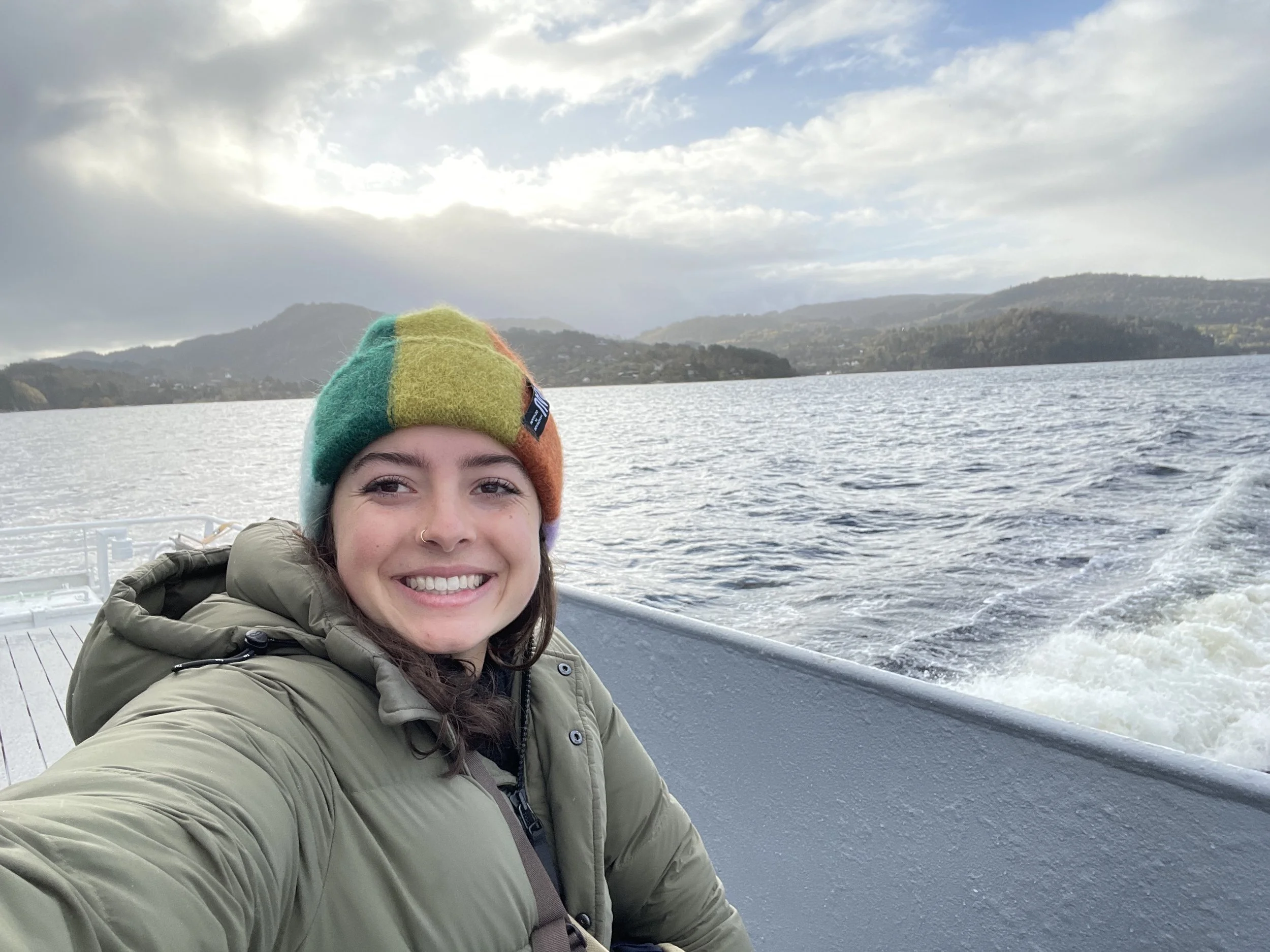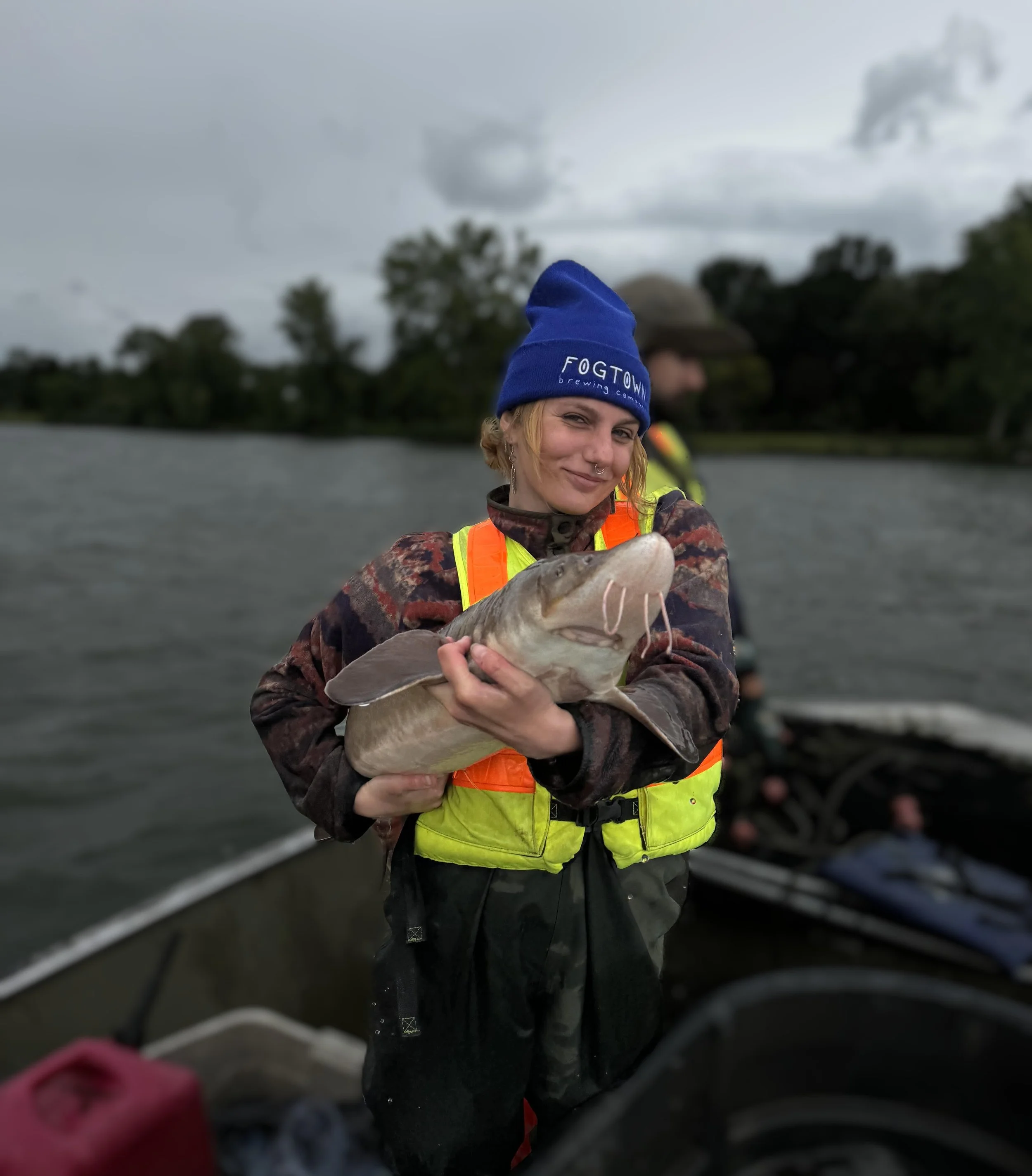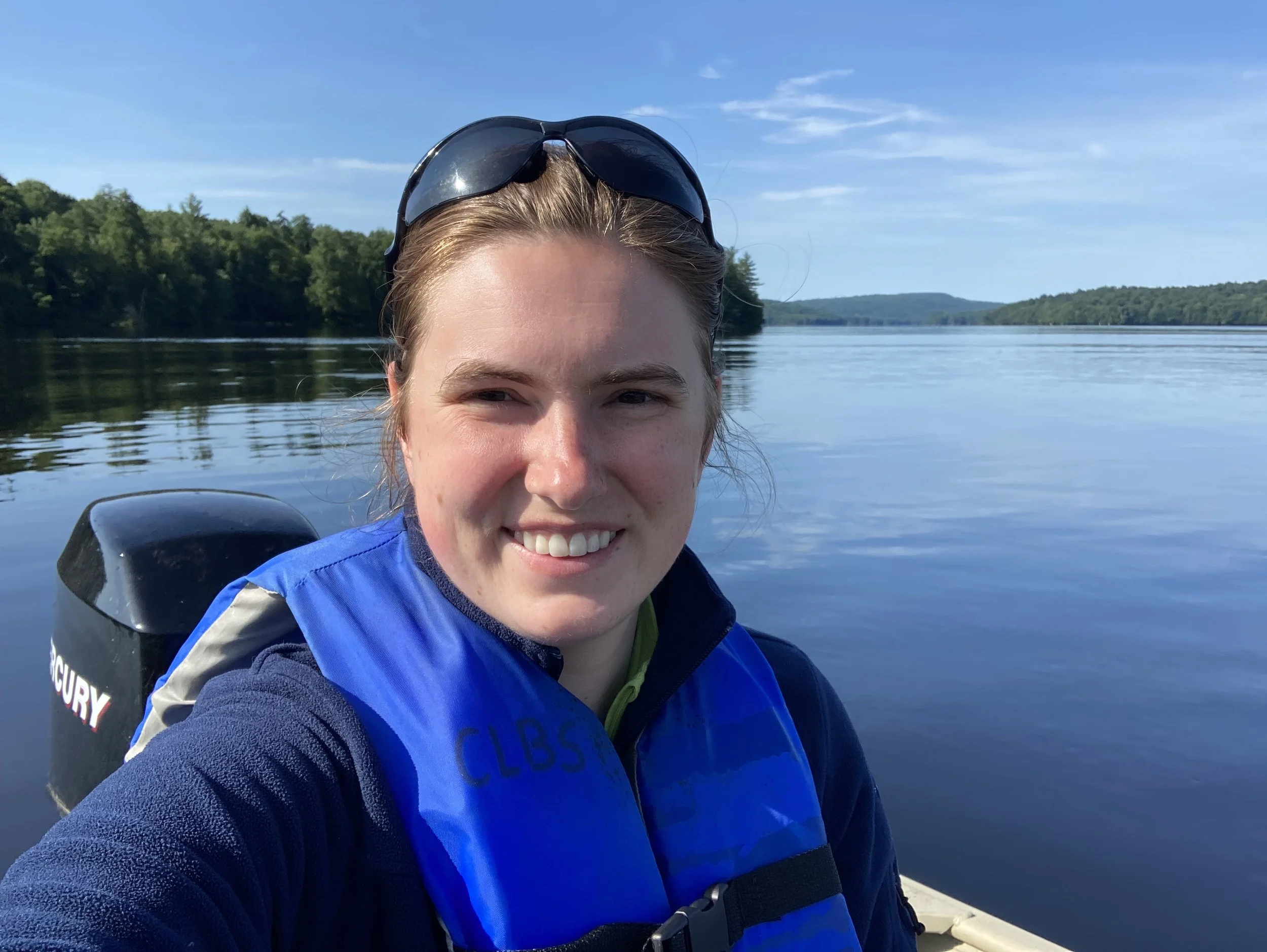Meet the Team
We are an interdisciplinary collective exploring the coupled dynamics of human and ecological systems. Through field research, data-driven modeling, and partnerships with Indigenous Nations and local communities, we work to advance science that informs equitable environmental governance.
-
Associate Professor and Lab Director
Dr. Drew is a multidisciplinary biologist who has roots in historical ecology, systematics, and conservation biology. Originally from upstate New York, he completed his Ph.D. with the Boston University Marine Program and the Marine Biological Laboratory in Woods Hole, MA. He has partnered with communities in Fiji for over twenty years to do research in support of coastal residents there, but has also had the chance to work in places like Papua New Guinea, Puerto Rico, and Belize. As the director of the CHAOS lab, he maintains an active research agenda, mentors graduate and undergraduate students, teaches core classes to the Conservation Biology major at ESF, and does an inordinate amount of paperwork so that his grad students can do amazing things.
-
MS Student
Hi! I'm Nick Sanderson. I'm from Buffalo, NY, and I first came to ESF in 2020 to pursue a degree in Aquatics and Fisheries Science. During the summer before my junior year, I began working as a field technician on the Onondaga Lake Biomonitoring Project. While I fell in love with field work, I also began an undergraduate research project involving mark and recapture of largemouth bass caught in recreational fishing tournaments. I am currently a master's student in the CHAOS lab, and 2025 marks my 4th year on Onondaga Lake, where we conduct community monitoring and collect fish for contaminant analysis from various sites using several kinds of nets. My bass tagging project has expanded, as well. I study the impacts of largemouth bass fishing tournaments on YOY bass, adult bass, and forage populations, movement of bass that are relocated in tournaments, and varying perceptions of bass tournament anglers on conservation threats, goals, and strategies. My career aim is to work for a tournament bass fishing organization employing best practices that minimize impact and mobilizing anglers as conservationists.
-
PhD Student
I am a first-year PhD student interested in ecosystem services and the interdependent ecologies of environmental and human health. I graduated with a dual Bachelor’s degree from the University of Wisconsin-Madison in Zoology and Global Health. At UW, I had the pleasure to conduct research on a myriad of planetary health topics, including plant community ecology and the social determinants of maternal health. Outside of graduate school, I love to draw comics, rock climb, bike, kayak, and trail run.
-
Undergraduate, Wildlife sciences
Hi! My name is Cas; I’m currently a senior at ESF pursuing my bachelor’s in wildlife science. For the last two years, I’ve worked as a fisheries technician on Onondaga Lake under Dr. Drew. I’m super interested in Lake Sturgeon and their life history, and very excited to be pursuing an independent research project this semester focusing on sturgeon population and movement within Onondaga Lake.
-
MS Candidate
Chloe Wang (she/her) is a Master of Science student in the CHAOS Lab with a passion for community-driven science, particularly in support of Indigenous land governance. She works with the Center for Native Peoples and the Environment and the Onondaga Nation on research informing Onondaga-led restoration of native Brook Trout in the headwaters of Onondaga Creek. A settler of Chinese and White identities, Chloe has spent much of her life on Lenape land, in Wiechquaskeck (Dobbs Ferry, NY) and Coaquannock (Philadelphia, PA). She strives to be a good treaty partner in building relationships on Haudenosaunee homelands.
Prior to her graduate studies, Chloe served as River Program Manager at Bartram’s Garden, an historic garden and public park along the tidal Schuylkill River in Southwest Philadelphia. There, she oversaw a Community Boathouse offering free, public boating and fishing programs, and developed a youth water quality monitoring and advocacy program. Chloe has also served as Co-Chair of the Steering Committee of the Alliance for Watershed Education of the Delaware River. She holds a B.S. in Chemistry from Haverford College, and has contributed to research on topics ranging from Gulf of Mexico oil to honeybee health, deep sea microbe-mineral interactions, and plastics in the Delaware River watershed.
Photo Credit: Zach Krahmer
-
Undergraduate, Conservation Biology
-
PhD Candidate
-
PhD Student
Mia Glover is a PhD student in Environmental Biology at the SUNY College of Environmental Science and Forestry and a Sloan Scholar in the Center for Native Peoples and the Environment. Her dissertation, Blue Carbon, Governance, and Colonial Ecologies in Coastal Fiji investigates examines how colonial legacies and contemporary customary governance influence the distribution of carbon-rich mangrove and seagrass ecosystems, as well as their alignment with food sovereignty and climate resilience in coastal Fiji.
Mia uses drone-based photogrammetry, hierarchical joint species distribution models, and participatory mapping with Indigenous communities to assess blue carbon dynamics and to advance approaches for Indigenous data sovereignty. Her research spans ecological monitoring, spatial modeling, and socio-cultural analysis to better understand the links between marine ecosystems, food sovereignty, and climate adaptation.
In addition to her fieldwork in Fiji, Mia is a research assistant for the Center for Native Peoples and the Environment. For the Center, she leads projects that include water-chemistry analyses to establish baseline conditions amid ongoing development pressures on the Onondaga and Tonawanda Seneca Nations, as well as a data-sovereignty initiative to create partnership protocols for collaborations with Indigenous Nations. Through these partnerships, she works to connect Indigenous nations across regions, fostering knowledge exchange and contributing to a more globally unified approach to coastal stewardship and climate resilience.
-
PhD Candidate
I am a PhD student studying freshwater fish in New York State. I am interested in examining how New York's fish communities have changed over the last century, and what factors have driven those changes from urban sites like Onondaga Lake in Syracuse to more remote lakes like Cranberry Lake in the Adirondack Park. Alongside these fish communities, I study how the human community interacts with these lakes from an ecosystem services perspective, and how changes in the species present may influence those interactions.








